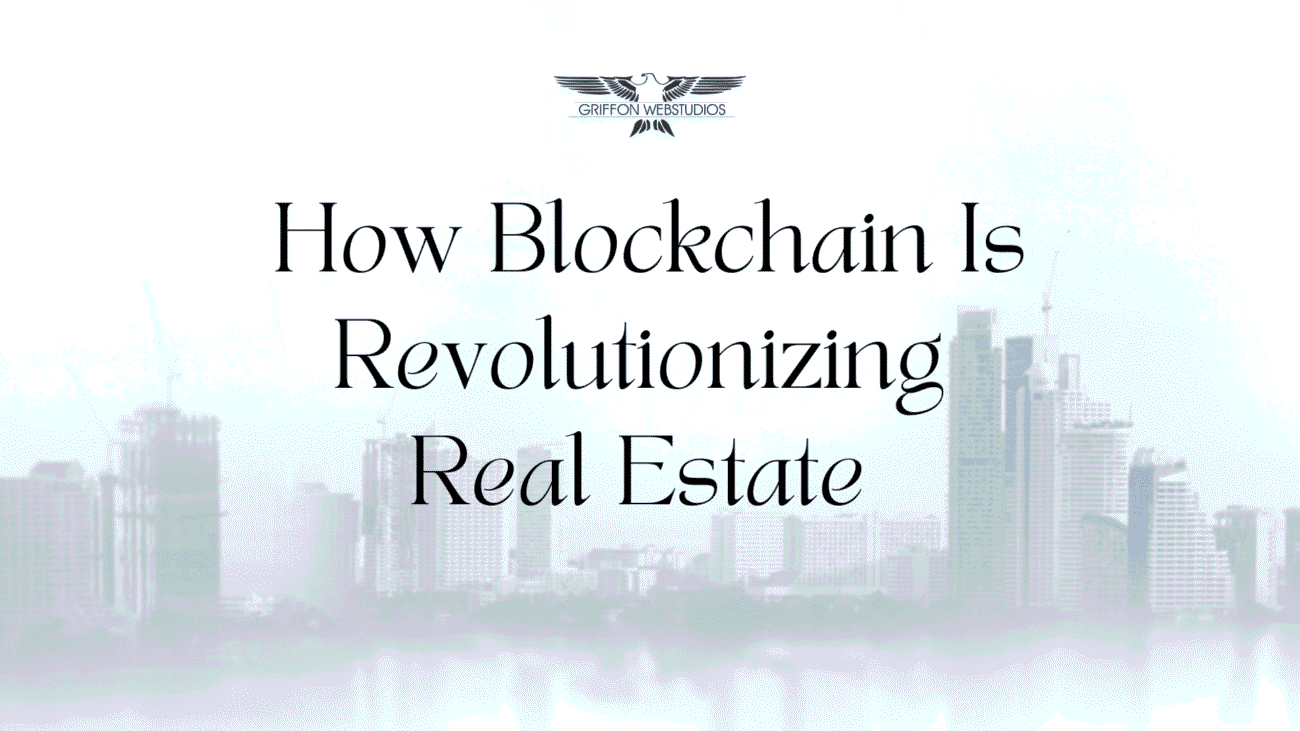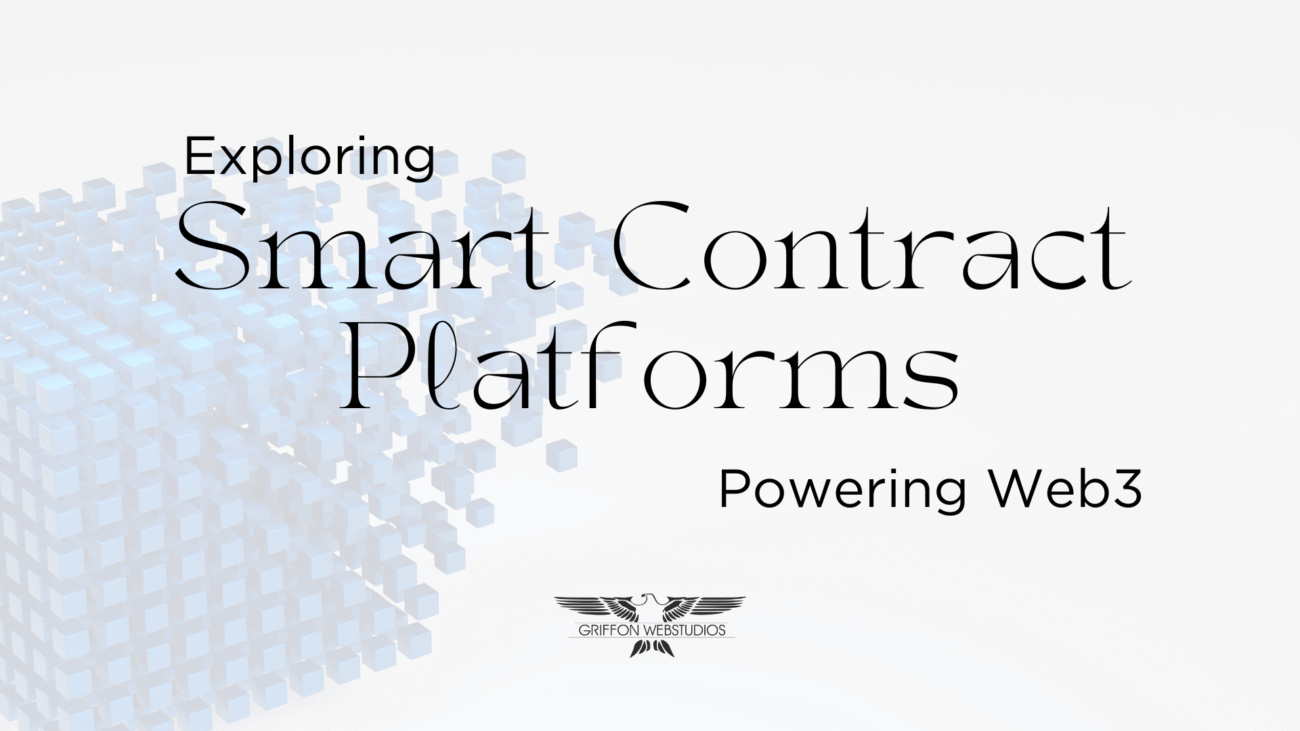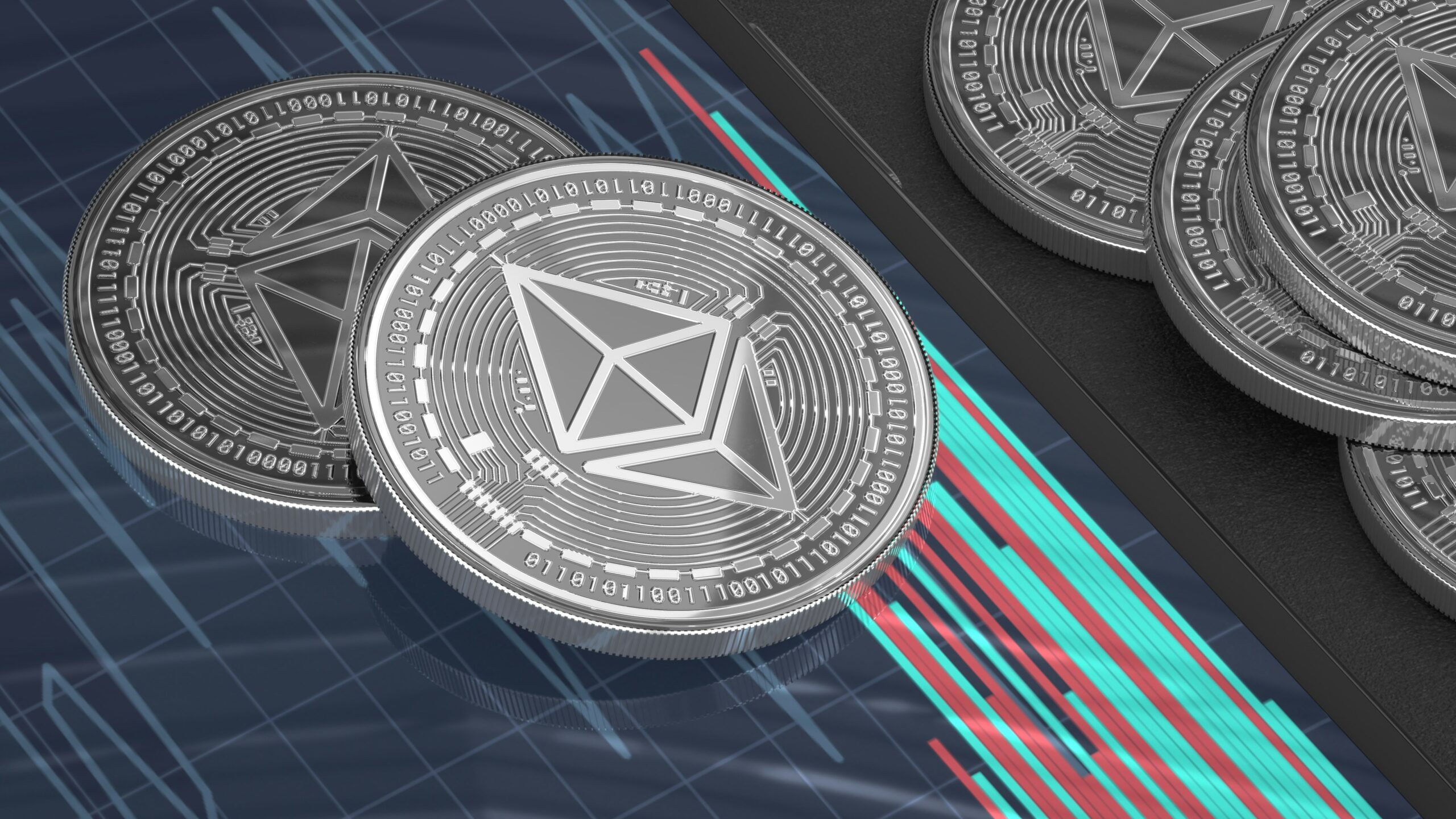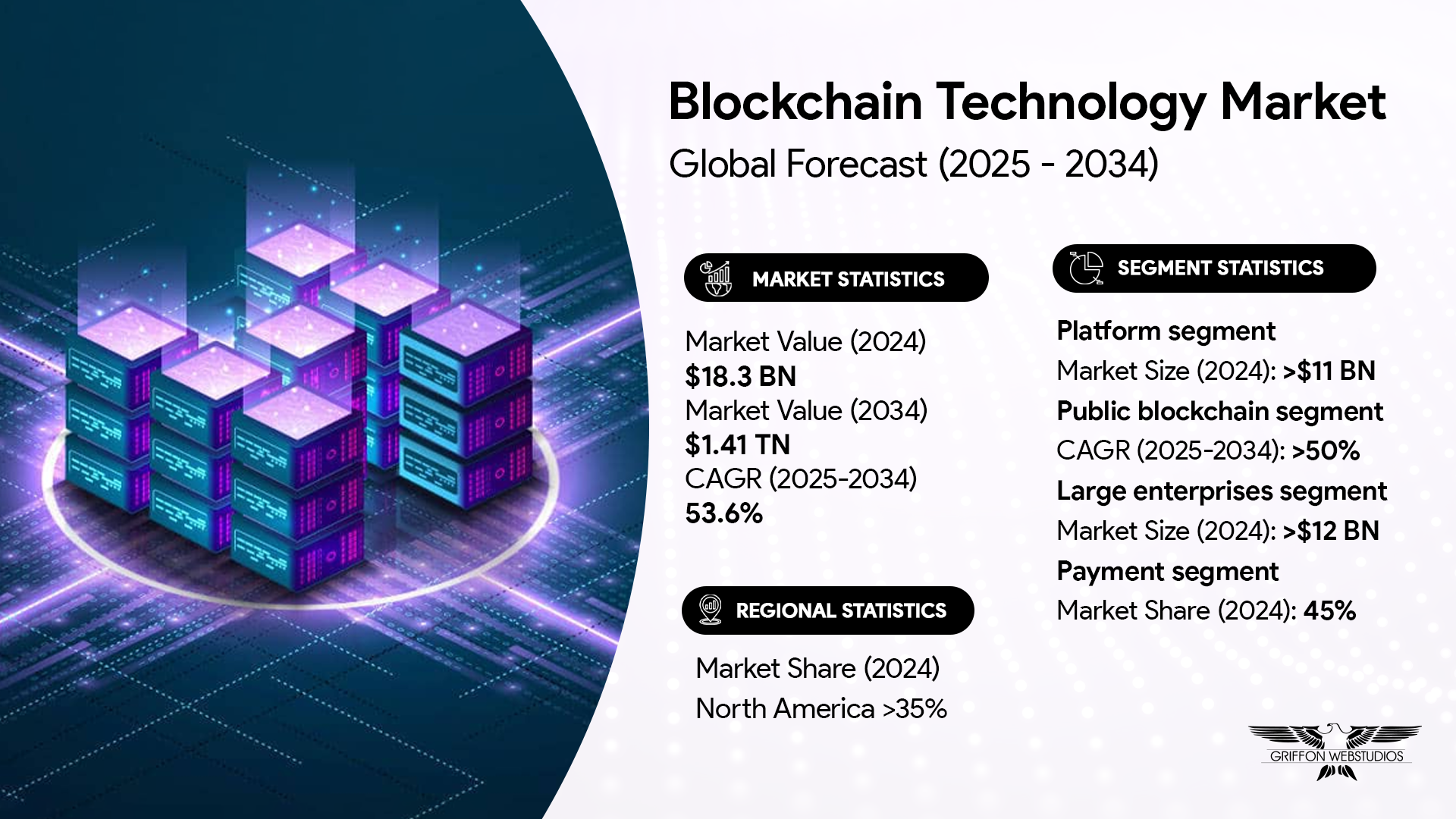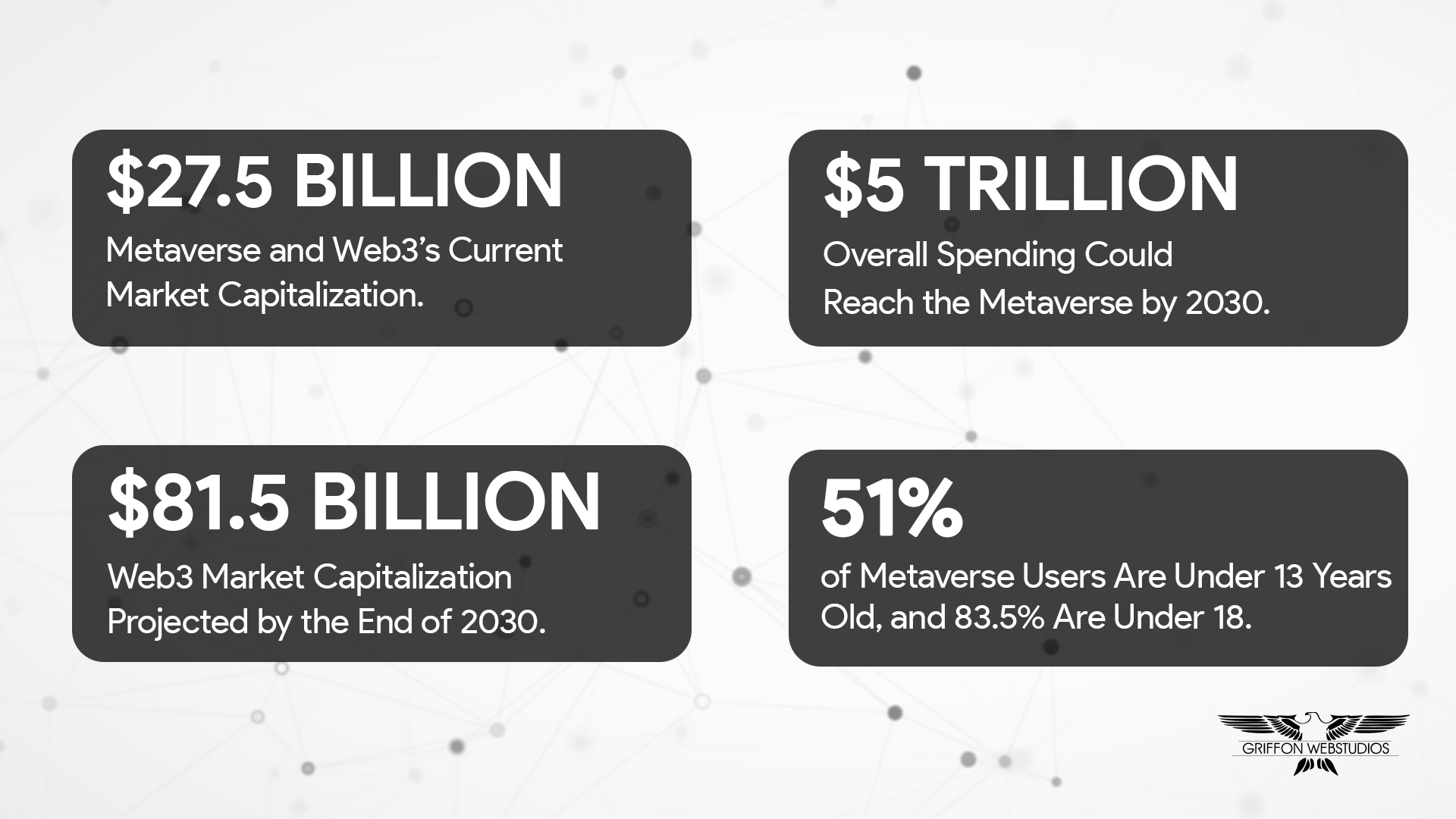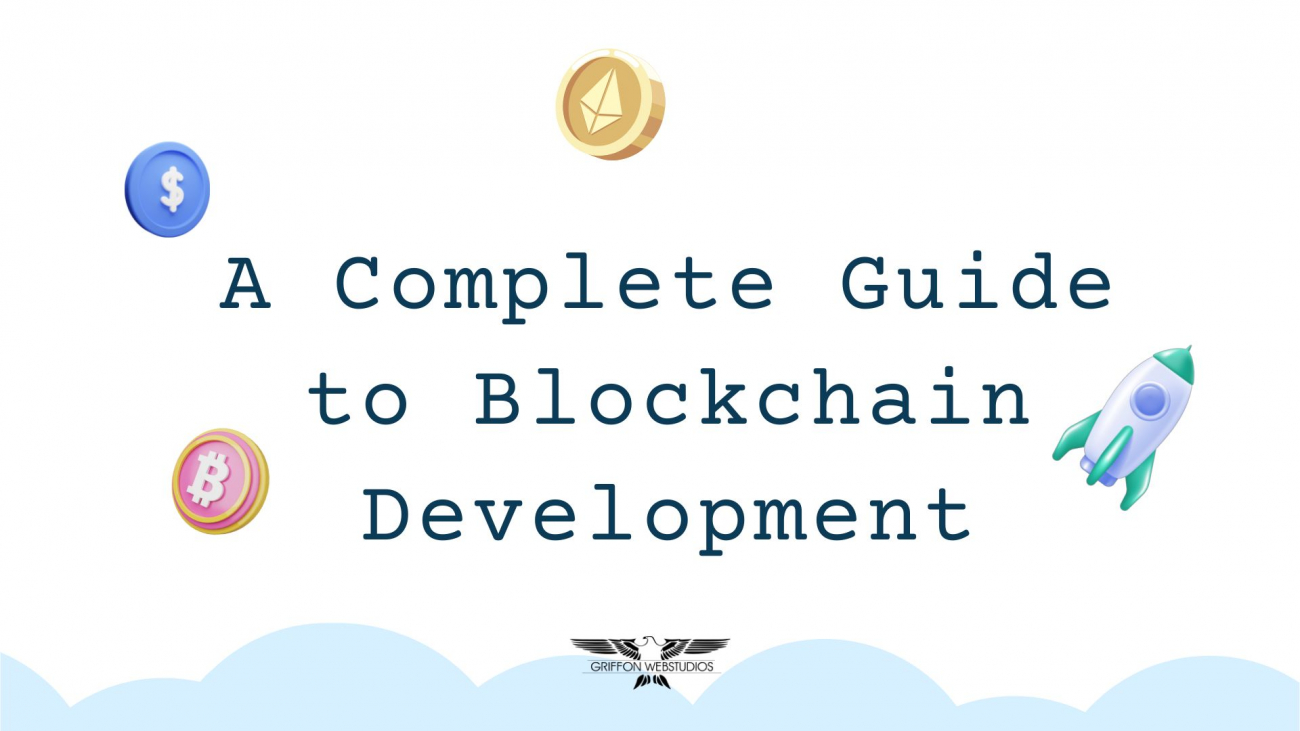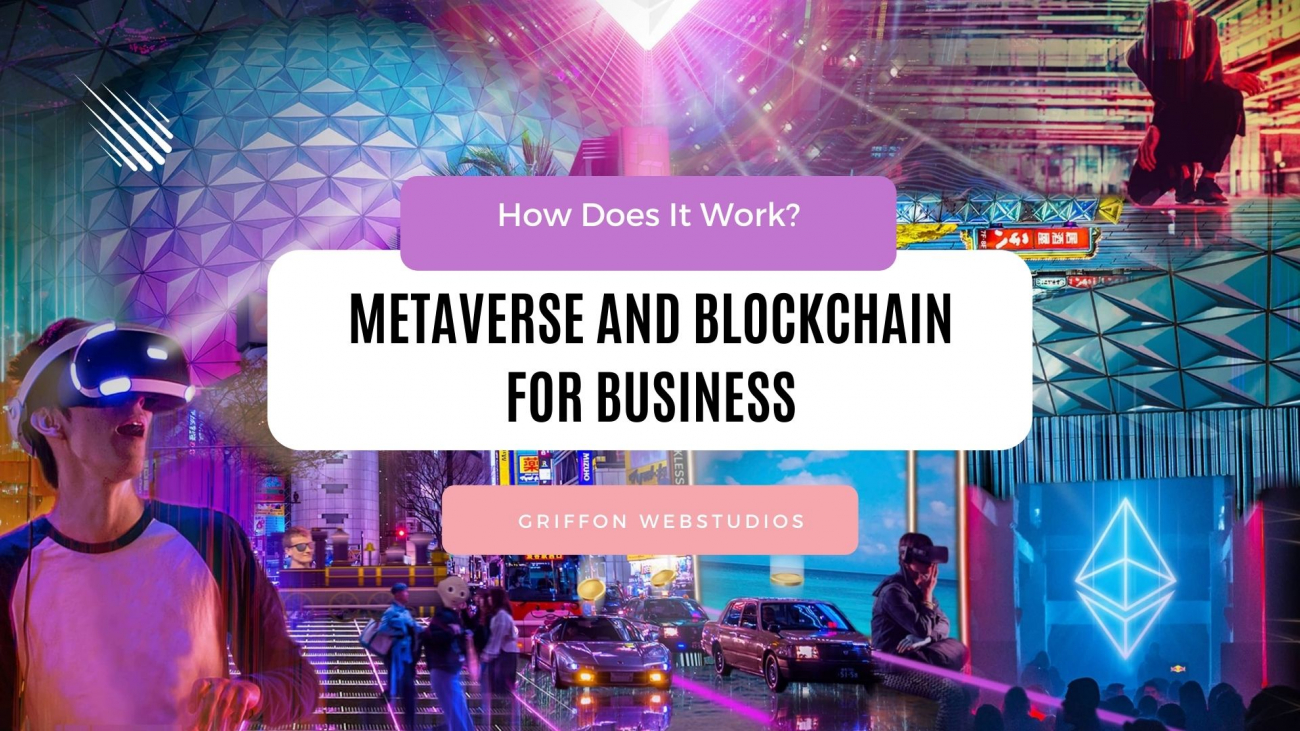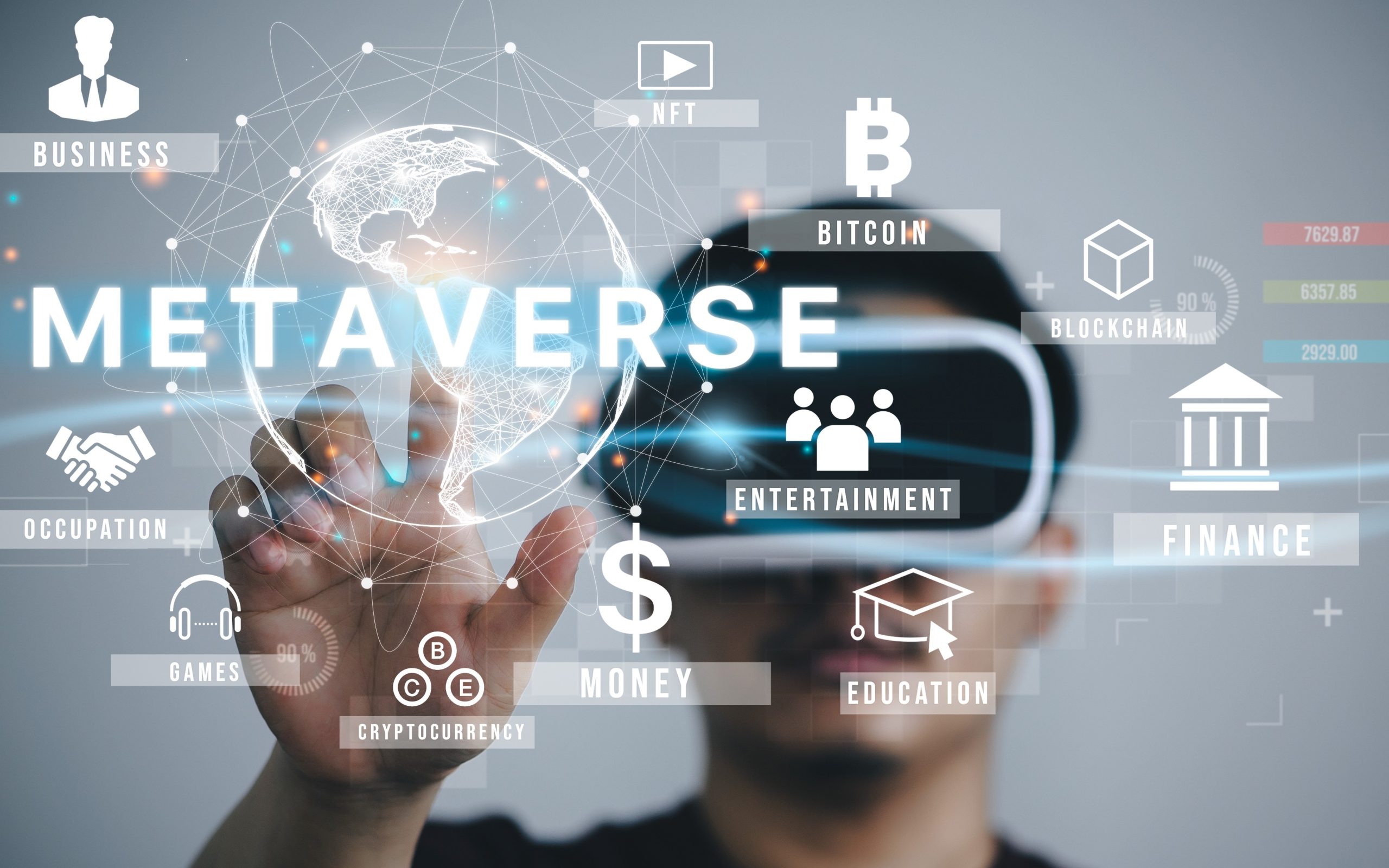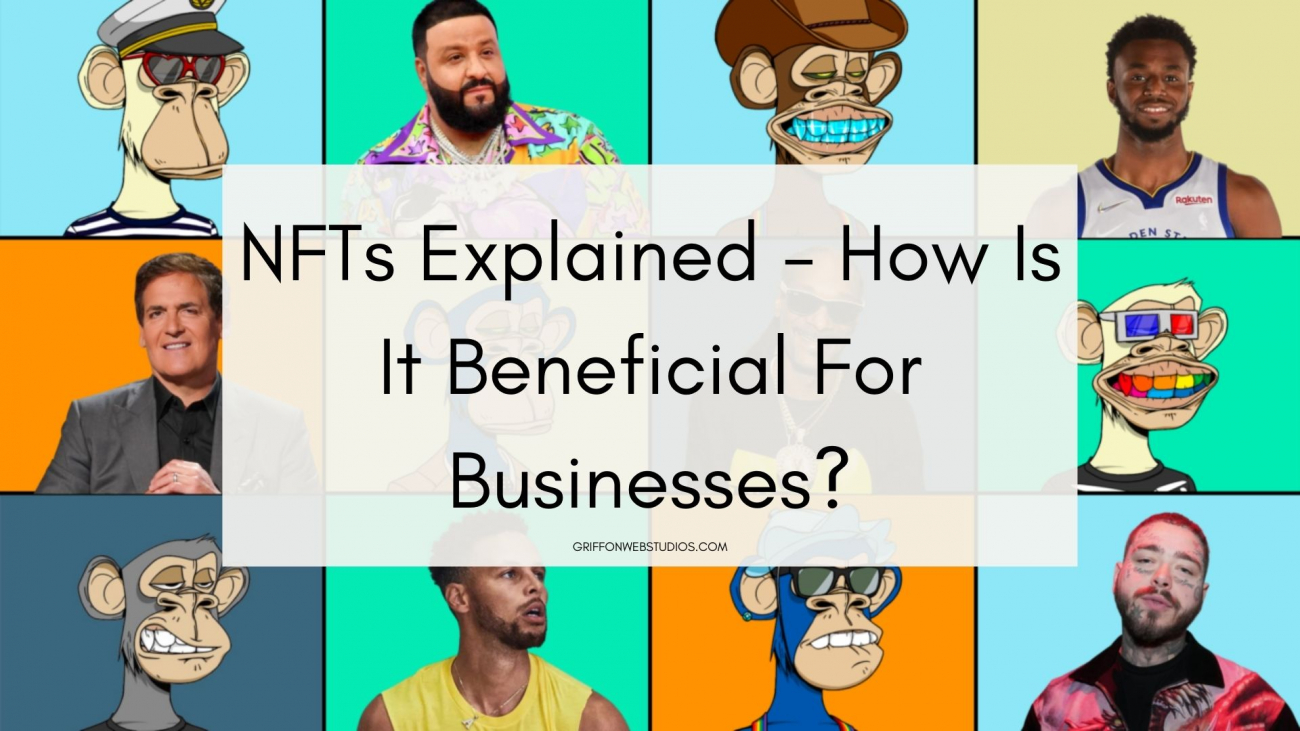Real estate transactions are more commonly associated with traditional cumbersome paperwork combined with delayed closings and unclear transaction processes. The transformation in this industry has been a long time coming. The catalyst? Blockchain technology.
The base protocol which started cryptocurrencies now functions as an advanced system to transform real estate operations from purchase through sales and financing to property management. Blockchain technology has moved beyond its original role in cryptocurrencies to create a new framework which transforms traditional real estate practices.
Addressing the Problem in the Industry
The current system fails to solve several key issues within real estate transactions. Before examining blockchain applications we need to go over the core issues affecting worldwide real estate deals.
Fragmented Records: Title deeds together with ownership histories and financials are on multiple separate systems which create fragmentation throughout the process.
Manual Process: The current system depends on human intermediaries who perform numerous manual steps that could cause errors during escrow appraisals underwriting and verification processes.
Time Consuming: The process of closing deals extends from several weeks to multiple months for both domestic and foreign real estate transactions.
High Frictional Costs: The real estate market faces high costs due to brokerage fees and legal expenses as well as title insurance and banking fees which reduce profits.
Accessibility: The barrier of entry remains high for retail investors because they need substantial capital and understand legal complexities.
Real estate transactions face these genuine challenges which affect both developed and emerging markets. Through elegant solutions blockchain addresses various issues that in some cases become permanent solutions.
The Blockchain Advantage in Real Estate
1. Smart Contracts: Automated, Self-Executing Agreements
Smart contracts operate through pre-defined conditions to automatically execute their agreements. The implementation of blockchain technology allows contracts to operate without requiring traditional intermediaries including brokers and lawyers and escrow agents.
Real-World Example:
The Vermont real estate market became home to Propy’s blockchain-powered platform when it completed a smart contract-based residential property sale. The buyer and seller completed the entire process from offer to closing through blockchain transactions. No physical paperwork. No escrow agent. Just code.
Impact:
- Reduces transaction time from weeks to days (or even minutes)
- Increases accuracy and eliminates disputes
- Minimizes human intervention and associated costs
2. Immutable Title Records: Transparency and Trust
Blockchain’s ledger system operates immutably so that recorded transactions cannot be altered or erased after their creation. The blockchain technology provides transparent property records that remain tamper-free.
Real-World Example:
The national land registry Lantmäteriet of Sweden collaborated with a blockchain company to digitize their land titles through their partnership. The pilot program revealed blockchain-based property transfers shortened the total time required for the process by more than 80 percent.
Impact:
- Eliminates title fraud and encumbrance issues
- Speeds up due diligence and financing
- Facilitates easy access to verified property records
3. Tokenization: Fractional Ownership of Real Assets
The process of tokenization enables physical assets including buildings and land to become digital tokens which represent ownership fractions. Real estate investments have become more accessible because of this method which also increases their liquidity.
Tokenized private real estate funds are expected to grow to US$1 trillion by 2035, with a total market penetration rate of 8.5%.
Real-World Example:
Elevated Returns achieved success by tokenizing the Aspen St. Regis Resort on Ethereum blockchain which allowed them to raise more than $18 million by dividing ownership into smaller parts that investors worldwide could purchase.
The blockchain platform allows investors to buy fractional ownership shares of U.S. rental properties which grants them cryptocurrency rental income and provides access to investments.
Impact:
- Democratizes access to real estate investment
- Improves liquidity through secondary trading platforms
- Opens cross-border capital flows with minimal friction
4. Faster and Cheaper Cross-Border Deals
International property transactions experience significant delays because they involve currency conversions alongside international banking delays and numerous compliance procedures. Blockchain technology gets rid of numerous obstacles that impede these transactions.
Real-World Example:
Through its unified digital interface Ubitquity enables international property transactions which process funds alongside titles and escrow. Cryptocurrency enables fast payment settlements in international transactions.
Impact:
- Reduces dependency on SWIFT, wire transfers, and fiat banking delays
- Simplifies international compliance with on-chain KYC/AML verification
- Enables near-instant settlements
5. Decentralized Escrow and Dispute Resolution
Typically, an escrow requires a third party with trust to hold funds during a transaction. Smart contracts with oracles and consensus-based release mechanisms can achieve decentralized escrow solutions on blockchain.
Real-World Example:
SafeWire employs blockchain technology to maintain escrow funds securely and transparently thus decreasing the risks associated with wire fraud in real estate deals.
Impact:
- The system operates without the need for intermediaries to build trust.
- The method decreases the likelihood of wire fraud especially in the context of U.S. real estate transactions.
- The system provides automated refund rules along with dispute resolution procedures.
6. Blockchain Land Registries in Emerging Markets
A large portion of developing nations lack official documentation of their land titles which generates disputes and results in population displacement. Blockchain systems enable the creation of unalterable digital land registers which establish ownership records.
Real-World Example:
The Republic of Georgia joined forces with Bitfury to link its land ownership records to the Bitcoin blockchain. Over two million titles exist in the blockchain system today. Brazil and Ghana along with India and Rwanda have started implementing this approach.
Impact:
- The system brings millions of property owners into formal markets.
- The method minimizes both cases of land grabbing and cases of corruption.
- Rural communities gain legal property rights through this empowerment.
Challenges in Blockchain Real Estate Adoption
The adoption of blockchain in real estate provides substantial advantages yet several barriers exist during implementation.
Regulatory Issues: The numerous jurisdictions face regulatory challenges because they lack standards that determine tokenized assets’ status as securities or utility tokens.
Interoperability: Different platforms and chains maintain limited communication capabilities which results in creating data silos that prevent effective information exchange.
Market Knowledge: The understanding level regarding blockchain technology remains low among real estate professionals.
Liquidity: The market has limited liquidity for tokenized assets since secondary markets remain underdeveloped.
However, these are transitional challenges. The real estate industry shows great potential for broad adoption because blockchain technology continues to advance while governments develop necessary regulations.
The Future: A Unified Global Real Estate Marketplace
The ultimate goal is to create a system where purchasing real estate in any location- Manhattan, Dubai or Nairobi becomes as straightforward as purchasing stocks through an application.
Picture this:
You browse/download an app that allows you to search for tokenized real estate properties through decentralized marketplace.
You verify the title on blockchain in only a few seconds.
A smart contract enables you to execute your purchase using stablecoins.
Your digital wallet receives your ownership token along with rental income and dividend rights built into the token.
You can perform all these operations without requiring a lawyer or bank or escrow agent. It’s not science fiction. This is happening right now, although in early stage.
Blockchain in Real Estate
The technology transforms real estate transactions beyond improvement by establishing completely new operational frameworks. The process that used to require months at great expense is transforming into a digital system which offers transparent global operations.
This market is seeing growth, with some projecting the metaverse real estate market to reach $59.83 billion by 2032.
Blockchain adoption provides speed and security and scale to every stakeholder in the real estate industry including developers and institutional investors and first-time buyers. Real estate has finally entered the digital age after centuries of remaining stagnant. Blockchain operates as the essential tool for accessing the entrance to this digital real estate market.
The blockchain infrastructure developed by Griffon Webstudios enables real estate to become smarter and faster while eliminating borders through fractional ownership and instant settlement capabilities.

